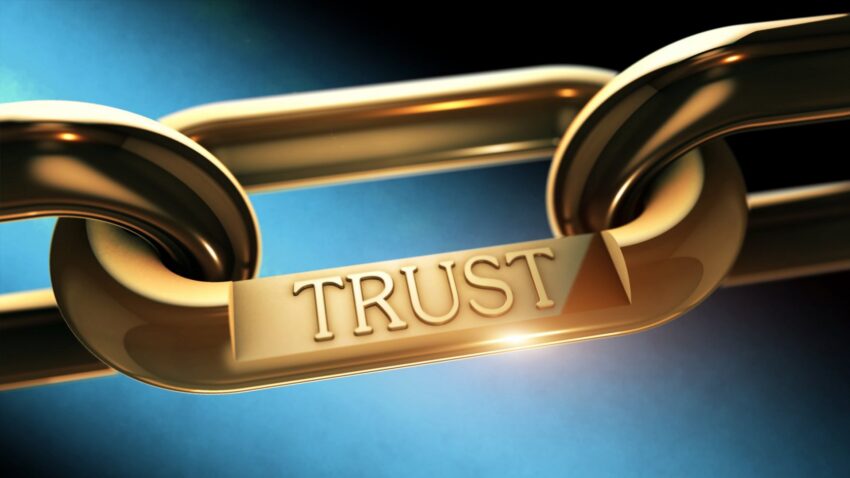“Few delights can equal the presence of one whom we trust utterly.” – George MacDonald
Trust is indispensable to every kind of coordinated human activity, from sport to scientific research. Even more, trust is necessary for the successful dissemination of knowledge, and by extension, for nearly any form of practical deliberation and planning. As written in The Ethics and Epistemology of Trust: “Trust is valuable. Without it, we face not only cooperation problems, but we also incur substantial risks to our well-being—viz., those ubiquitous risks to life that characterize – at the limit case – the Hobbesian ‘state of nature’. Apart from trust’s uncontroversial instrumental value, some philosophers believe that trust has ‘final value’. Something is ‘finally valuable’ if it is valuable for its own sake.”
Over the years, The Edelman Trust Barometer has argued that trust is a core determinant of business success and sustainability. Mentioned earlier in this post, the 2024 The Edelman Trust Barometer charts growing distrust as a result of declining authority in a comparison of companies versus governments. If declining authority yields increasing distrust, then it can be fairly postulated that increasing authority yields increasing trust.
In ‘The Dynamics Of Trust’, Bart Nooteboom contends that trust has both intrinsic and extrinsic value “Trust can have intrinsic value, as a dimension of relations that is valued for itself, as part of a broader notion of well being or the quality of life. People may prefer, as an end in itself, to deal with each other on the basis of trust. Trust can also have extrinsic value, as a basis for achieving social or economic goals. The extrinsic, economic value of trust lies in the fact that it enables interactions between people and between organizations that can reduce transaction costs.”
In his work ‘Trust’, Francis Fukiyama states that trust leads to the organizational efficiency required for the formation of “voluntary social groups not based on kinship” and that “trust has a large and measurable economic value… Indeed, in some high-trust relationships, parties do not even have to worry about maximizing profits in the short run, because they know that a deficit in one period will be made good by the other party later.”
In ‘Understanding Institutional Diversity’, Elinor Ostrom wrote: “Norms of reciprocity and trust are necessary for the long-term sustenance of self-sustaining regimes.”
In his book ‘The Limits of Organization’, Nobel laureate Kenneth Arrow wrote: “Trust has a very important pragmatic value, if nothing else. Trust is an important lubricant of a social system. It is extremely efficient [and] is not a commodity which can be bought very easily. If you have to buy it, you already have some doubts about what you’ve bought.” Trust is an example of what economists call “externalities”: Trust is a good, trust is a commodity, and trust has real, practical, economic value that increases the efficiency of a system. But, trust is not a commodity for which trade on the open market is technically possible or even meaningful.
As said by Jeffrey Gitomer in his book ‘The Little Teal Book Of Trust’, “Trust is not a request. Trust is earned.” Gitomer continues to define the value of trust with:
- Trust lowers resistance.
- Trust lowers barriers.
- Trust is the link between yes and no.
- Trust is a green light.
- Trust breeds confidence.
Thanks for reading!
